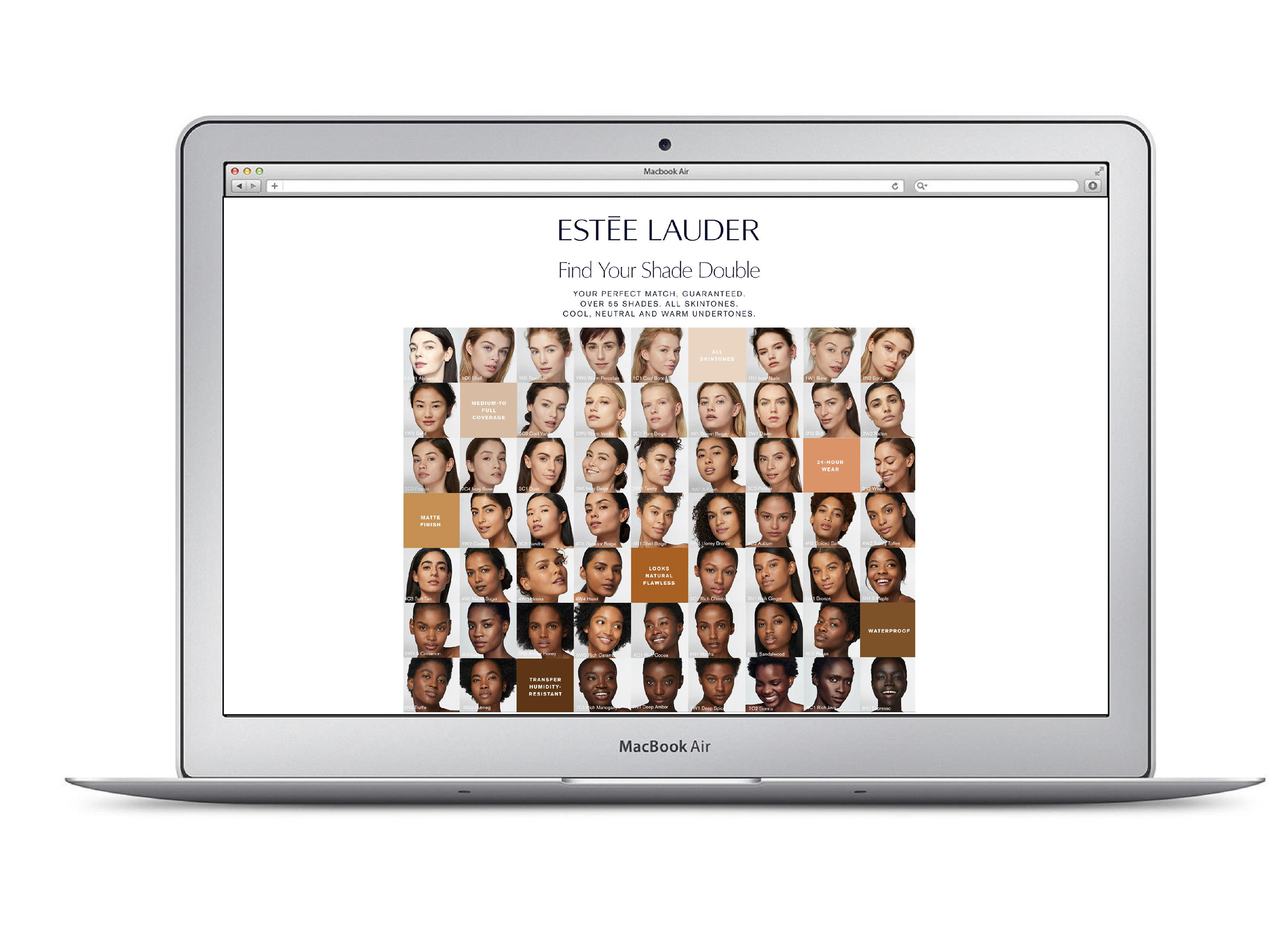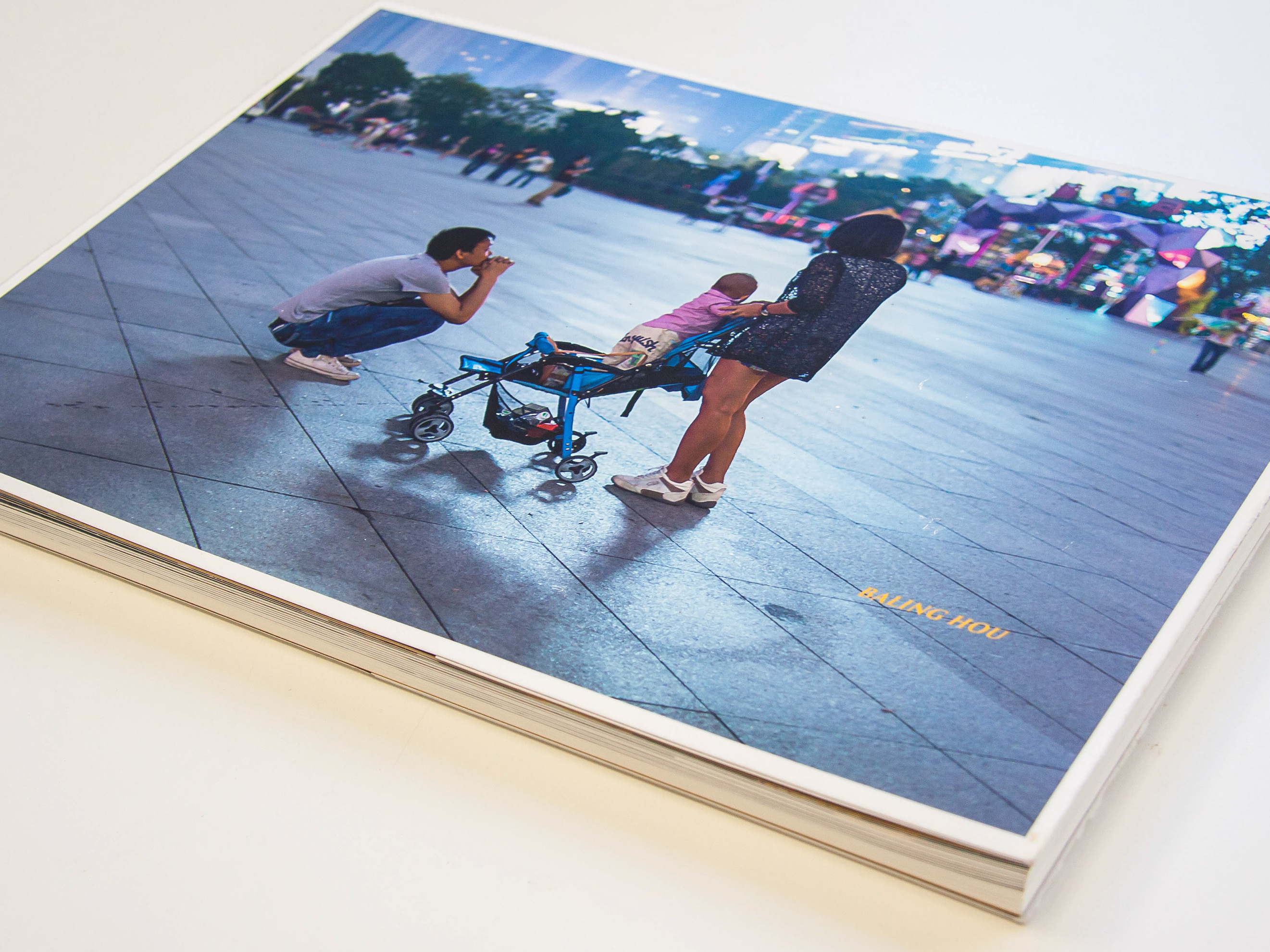Feather
They have different views on lifestyle and future planning and they frequently pressure me. This is a primary cause for an argument between my parents and me.
Tiffany
Eva
Lemon
Master Degree Research 'BALING HOU' A Photographic Exploration of the Chinese Post-80s Generation in the urban cities of China. I began this narrative photography based on my own experience as a member of the post-80s generation. My personal interest is to observe this generation from an ‘insider and outsider’ perspective. In doing so, I seek to illustrate a personal reflection on who I am and what it means to be post-80s. We were born in the year 1980, a year that marked the launch of China’s infamous family planning policy, known as the One-child phenomenon. Those born after the year 1980 share the same experience of growing up within a period of reform and an “opening up” to the world. The post-1980s have thus become the first group to be collectively defined within China’s social sphere in this way. The post-80s became the first group of people to crop up in social discussions related to the distinct historical context we grew up in, a context that includes trends towards materialism. Many labels have been created to describe the post-80s including the beat generation, the least responsible generation and the most-selfish and rebellious generation. I initiated this photography book based on my own experience as a member of the post-80s generation. I am an only child, born in an urban Chinese city, though I grew up in New Zealand. My personal interest is to observe this generation from an “insider and outsider” perspective in order to provide a greater understanding and ethos. In doing so, I also seek to illustrate a personal reflection of who I am and what it means to be part of this post-80s generation. I have constructed a body of photographic work, featuring a group of post-80s participants and their surrounding environment in urban cities. Through a series of focus questions and strong recognition of the post-80s identity and destiny, this publication adopts a documentary style to portray the diversity of this group’s lives, in such areas as love, children, employment, housing, family, choices, responsibilities and dreams. In their stories you may find joy along with sadness, sorrow and helplessness, mingled with hope, resolution, and perseverance. Start from here, I would like to close them, document them, focus on them, which is the way to find them and also to reflect myself.









